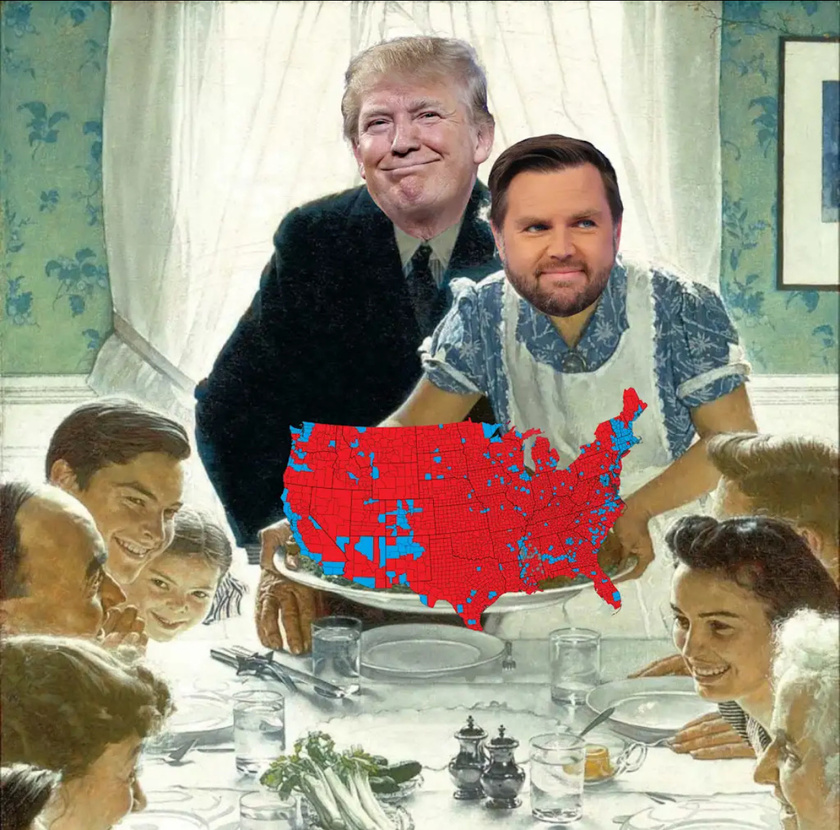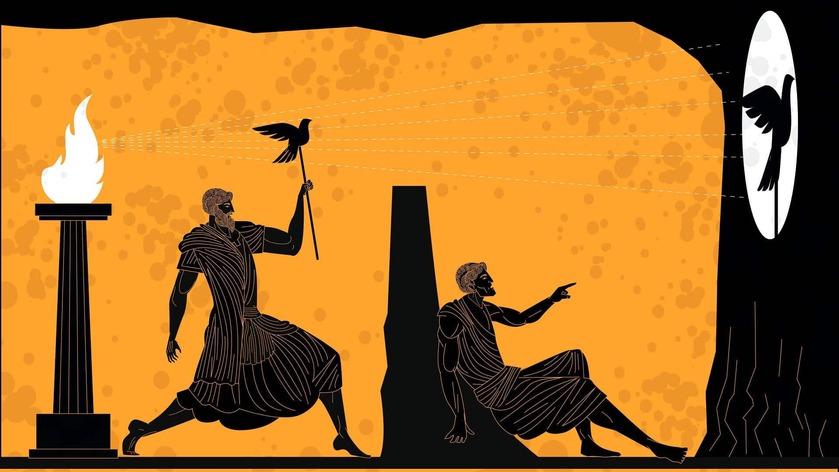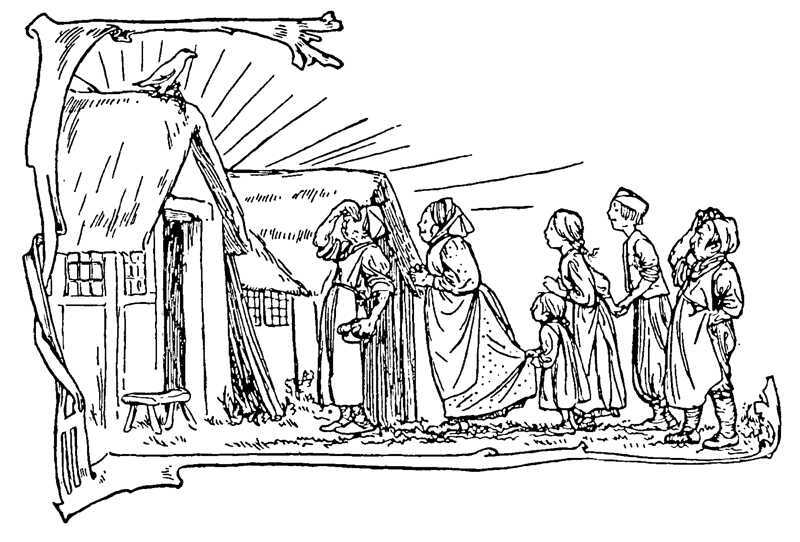Aristotle, in his Metaphysics, famously said:
“To say of what is that it is, and of what is not that it is not, is true.”
It’s a beautifully straightforward definition of truth. But it raises a far trickier question: How do we know what is? Is it even possible to know? Or are we, as some philosophers would suggest, doomed to skepticism, forever trapped in doubt about what’s real and what’s not?
These questions have been on my mind quite a bit lately, and I touched on them briefly during my conversation with Ben Shapiro. In this short article, I’d like to dig a little deeper and flesh out some of those ideas. Let’s explore whether truth is truly within our grasp—and if so, how we might go about finding it.
Rene Descartes approached the search for truth with a bold and ambitious plan. He believed—or at least appeared to for the sake of his experiment—that to know anything with certainty, he first needed to doubt everything that appeared to be true until he could find a reason to accept it. His strategy was like trying to build a ladder: one solid rung of certainty at a time, to climb out of Plato’s cave of ignorance and into the light of ultimate truth.
The first rung of Descartes’ ladder was his famous cogito, ergo sum—“I think, therefore I am.” This seemed unshakable. Even if he doubted everything else, the very act of doubting proved his existence as a thinking being. But even this foundational rung isn’t as sturdy as Descartes thought. David Hume later argued that the concept of the self, traditionally understood, is an illusion. According to Hume, what we call the “self” is just a bundle of perceptions, constantly shifting and without a stable, unified core. If Hume is right, then Descartes’ cogito could itself be doubted, as it presupposes a continuous “I” doing the thinking—a presupposition Hume found unwarranted.
The rest of Descartes’ ladder fared no better. Each new rung required absolute certainty, whether it was the existence of God, the reliability of reason, or the trustworthiness of sensory perception. But with each step, doubt crept in. What if the external world was an illusion? What if a deceptive God (or evil demon) was orchestrating all his thoughts? Unable to construct a ladder strong enough to bear the weight of his own demands for certainty, Descartes’ project collapsed. The entire structure left him, and much of modern philosophy, stuck in the cave, skeptical of whether we could truly know anything at all.
Phenomenal conservatism (PC), by contrast, offers a much more practical and accessible approach to truth. It doesn’t demand that we start by tearing down everything we think we know. Instead, PC suggests we begin with trust: Accept what appears apparent to you until you have a reason to doubt it. It’s an approach grounded in the realities of human experience.
Unlike Descartes’ ladder, which sought absolute certainty for every step, the PC ladder is less rigid. Some rungs might be sturdier than others, and that’s okay. What matters is that the ladder holds together well enough to help us climb toward the light. PC embraces the natural reliability of our perceptions, intuitions, and experiences—not because they’re perfect, but because they’re good enough to make progress.
For instance, when we see a tree, we don’t need to demand incontrovertible proof of its existence before we trust that it’s there. Under PC, our perception of the tree is justified unless and until we encounter a defeater—like realizing we’re wearing virtual reality goggles. The same principle applies to more abstract truths: our moral intuitions, our belief in the reliability of reason, and even our awareness of the divine.
Where Descartes’ ladder demanded perfection and collapsed under the weight of that demand, PC’s ladder works precisely because it allows for imperfection. It acknowledges that we might occasionally misstep or encounter a shaky rung, but it doesn’t see that as a reason to abandon the climb altogether.
By starting with trust rather than doubt, PC bypasses the skeptical traps that ensnared Descartes. It invites us to navigate the world with confidence, even if some of our beliefs might later need revision. After all, progress doesn’t require perfection—just a functional framework that helps us move forward.




















